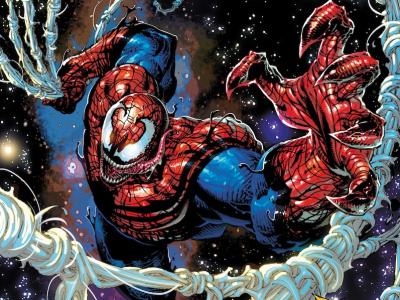
A group of Japanese and American manga publishers have formed a coalition to battle scanlations of manga titles, the group announced today, with thirty sites identified for action. The participants include the 36 members of
“...[T]o protect the intellectual property rights of our creators and the overall health of our industry, we are left with no other alternative but to take aggressive action,” a spokesperson for the group said. Scanlation sites are urged to “take it upon themselves to immediately cease their activities,” with injunctive relief, statutory damages, and referral to law enforcement agencies promised for those sites that do not comply.
Sites featuring scanlations, which allow online reading of manga in fan-translated English versions almost immediately upon release in
Manga publishers have been slow both to take action against scanlation sites and to offer legal alternatives for fans that want to read manga in digital format. For years, publishers appeared to view the scanlation sites as free marketing that primed the market in the
But with manga sales in the
A coalition of American comic publishers has already drawn blood, successfully getting the largest source of American comics on the Web shut down (see “FBI Shuts Down Scan Site”) and the ownership charged (see “DOJ Sues Pirate Site Operation”).
Whether the new anti-piracy coalition formed by manga publishers will be as successful remains to be seen. But comic store retailers that specialize in manga, who almost uniformly believe that scanlations are hurting their sales, will undoubtedly cheer the efforts and hope that the massive amount of pirated manga content available online begins to diminish.







